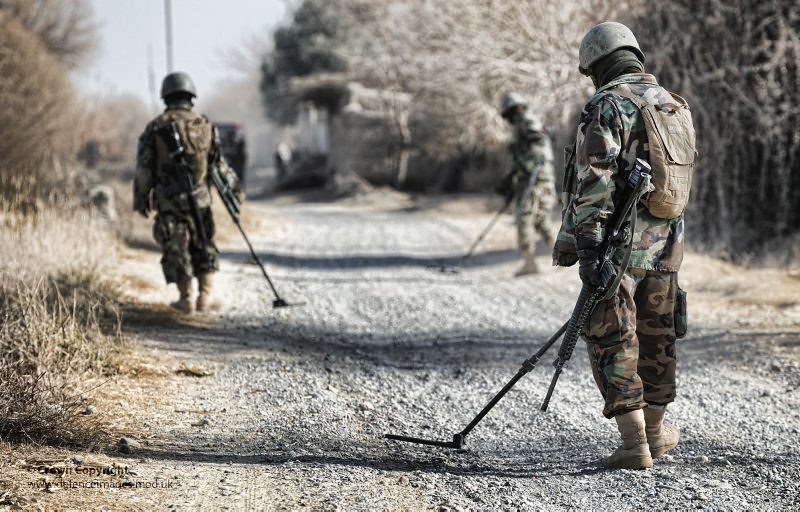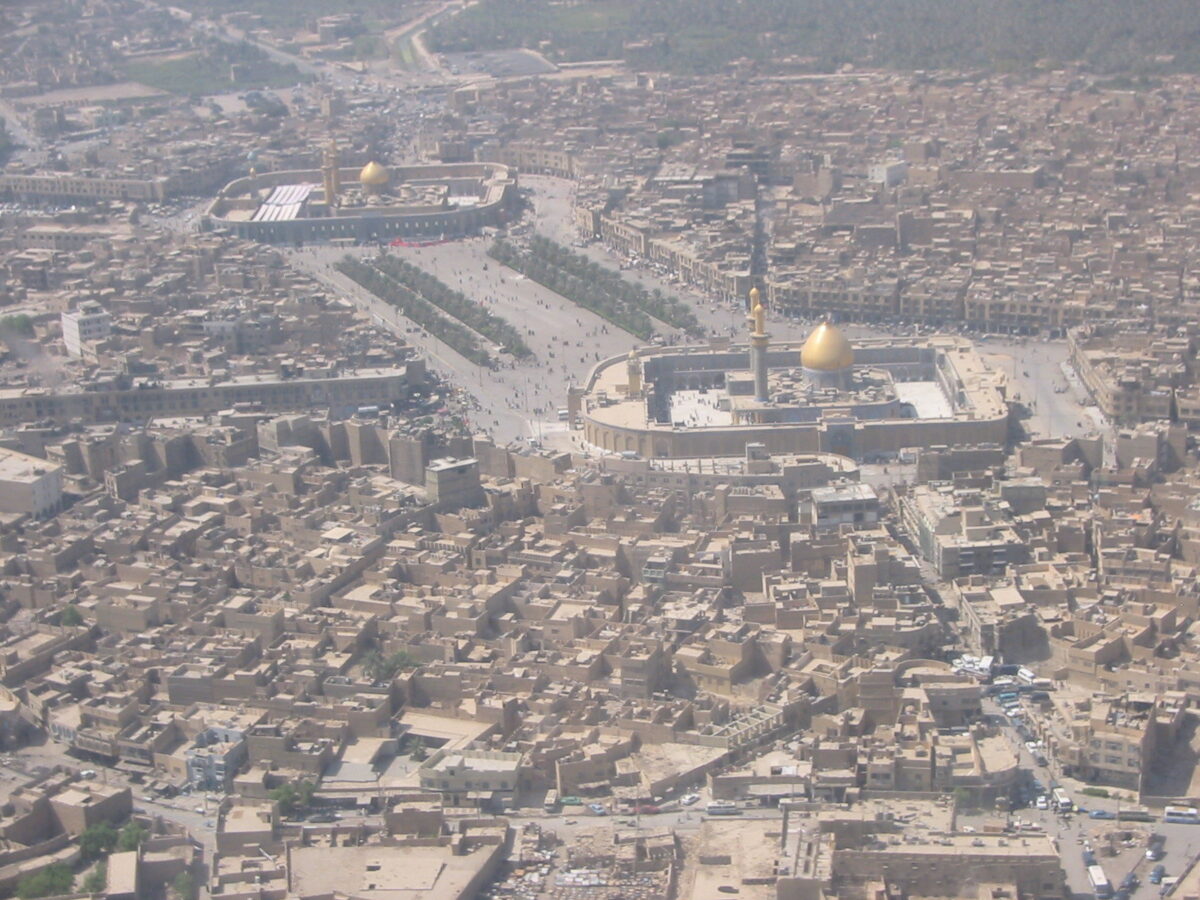KARBALA, IRAQ – Just because you are in the army does not mean that you can defend yourself against terrorist attacks.
As the ‘war on terrorism‘ enters its third decade the role of the world’s militaries is showing no signs of decreasing on multiple fronts. Whether it is Saudi forces in Yemen fighting the Houthis, or Nigerian soldiers countering Boko Haram (BH) and Islamic State West African Province (ISWAP) in that country’s northeast, or any number of military missions (AMISOM in Somalia is a good example) consisting of troops from multiple countries there is no shortage of guns and bullets to ‘defeat’ terrorism.
And while these efforts have indeed eliminated some very dangerous men and women from threatening us again, they have also resulted in civilian casualties (as this New York Times article makes clear). The track record is thus mixed at best.
Similarly, armies have found that they too become the target for terrorist attacks. This should surprise absolutely no one: if I had identified the party trying to whack me wouldn’t I whack them first? The fact that they are very well armed, probably much better armed than even the most capable of terrorist groups, does not seem to be a deterrent.

On this day in 2003
Unidentified ‘insurgents‘ attacked military barracks in the central Iraqi city of Karbala, killing at least 17 people and wounding more than 200. Among the dead were four Bulgarian and two Thai army engineers, serving under a Polish command as part of a multinational force patrolling that part of Iraq. At least 37 troops, including five U.S. soldiers, were hurt.
It takes a very few number of people in the country to create the kind of damage we are seeing.
Brig. Gen. Mark Kimmitt, deputy chief of operations for U.S. forces
This attack occurred not too long after the US invasion of Iraq which led, in a way, to the rise of ISIS, one of the worst and most barbaric terrorist groups, if not the worst. An unintended consequence you might say, or another good reason not to see this as a ‘war’ on terrorism?
Read More Today in Terrorism
May 31, 1906: Spanish anarchist bombs royal wedding
On May 31, 1906 a Spanish anarchist threw a bomb hoping to hit King Alfonso XIII, killing 24 and wounding more than 100.
May 30, 2009: Anti-government group bombs TV station in Ecuador
On May 30, 2009 two pamphlet-bombs exploded outside an Ecuadorian TV station and ministry: no victims or significant damage ensued.
May 29, 2016: ISIS uses chlorine gas in terrorist attack
On May 29, 2016 35 civilians were wounded in an ISIS attack using rockets containing chlorine gas in Iraq’s Nineveh Province.

